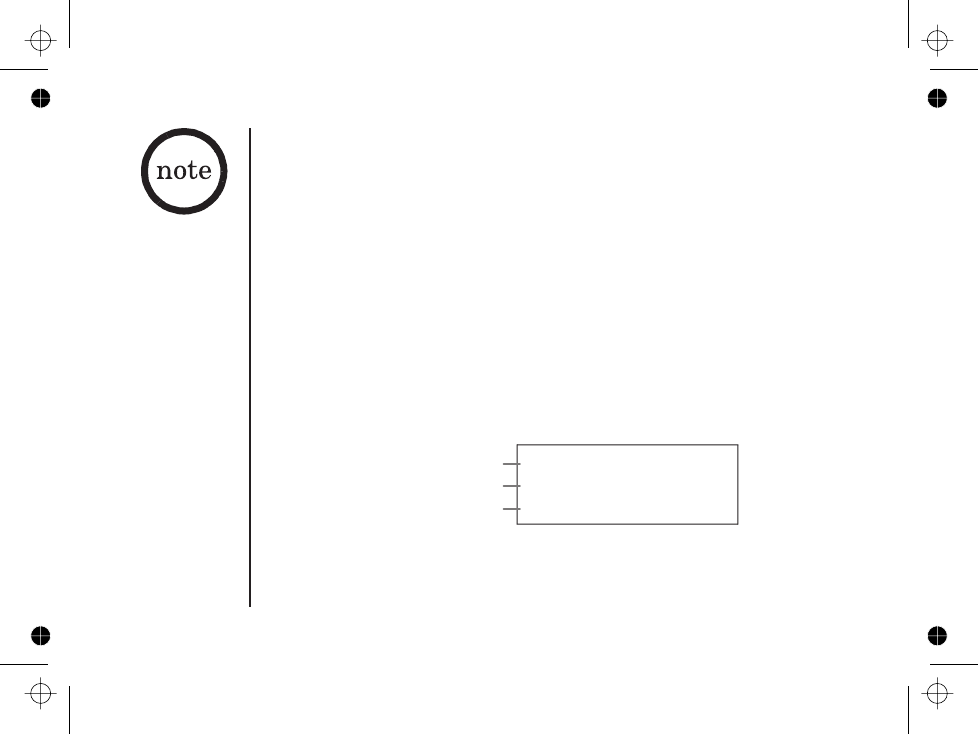
!
!
!
!
If you answer a call
before the Caller ID
message is
received, the Caller
ID message will not
appear.
When the call is
received via a
Telephone company
that does not offer
Caller ID service,
the caller’s phone
number and name
does not appear.
(This includes
some international
calls.)
When the call is
received via a
private branch
exchange (PBX),
the caller's phone
number and name
may not appear.
Through this
chapter, we use
Handset LCD
image to describe
steps.
Caller ID and CIDCW (Caller ID on Call Waiting)
You must subscribe to Caller ID services through your local telephone provider to
use these features. CIDCW (Caller ID on Call Waiting) is available in Australia only.
When the telephone rings, the Caller ID feature allows you to view the caller’s
name, phone number, date and time of call. With CIDCW (Caller ID on Call
Waiting), you will hear a call waiting tone while you are on a call, and the Caller ID
data is displayed. To accept the waiting call, press on the handset or the
soft key on the base. Additionally, you can dial a number stored in the
Caller ID list or save data to your phonebook locations.
I
Memory locations for Caller ID messages and phonebook locations (including
Speed Dials) are common; you can store up to all 100 locations for each handset
and the base. A Caller ID message is not stored when you have stored 100 of the
phonebook locations. When you have stored all 100 of the phonebook locations
and Caller ID messages in total, the earliest Caller ID message is overwritten.
When the Caller ID message is received, the display shows the caller's phone
number along with the date and time. The incoming call information is stored in the
Caller ID record. If the Caller ID service includes the caller's name,
the name will appear in the display (up to 15 characters).
talk/flash
FLASH
mportant:
The date and time received
Caller's name
Caller's phone number
10/12 11:20AM
Jane Smith
214 555 1234
[49]


















